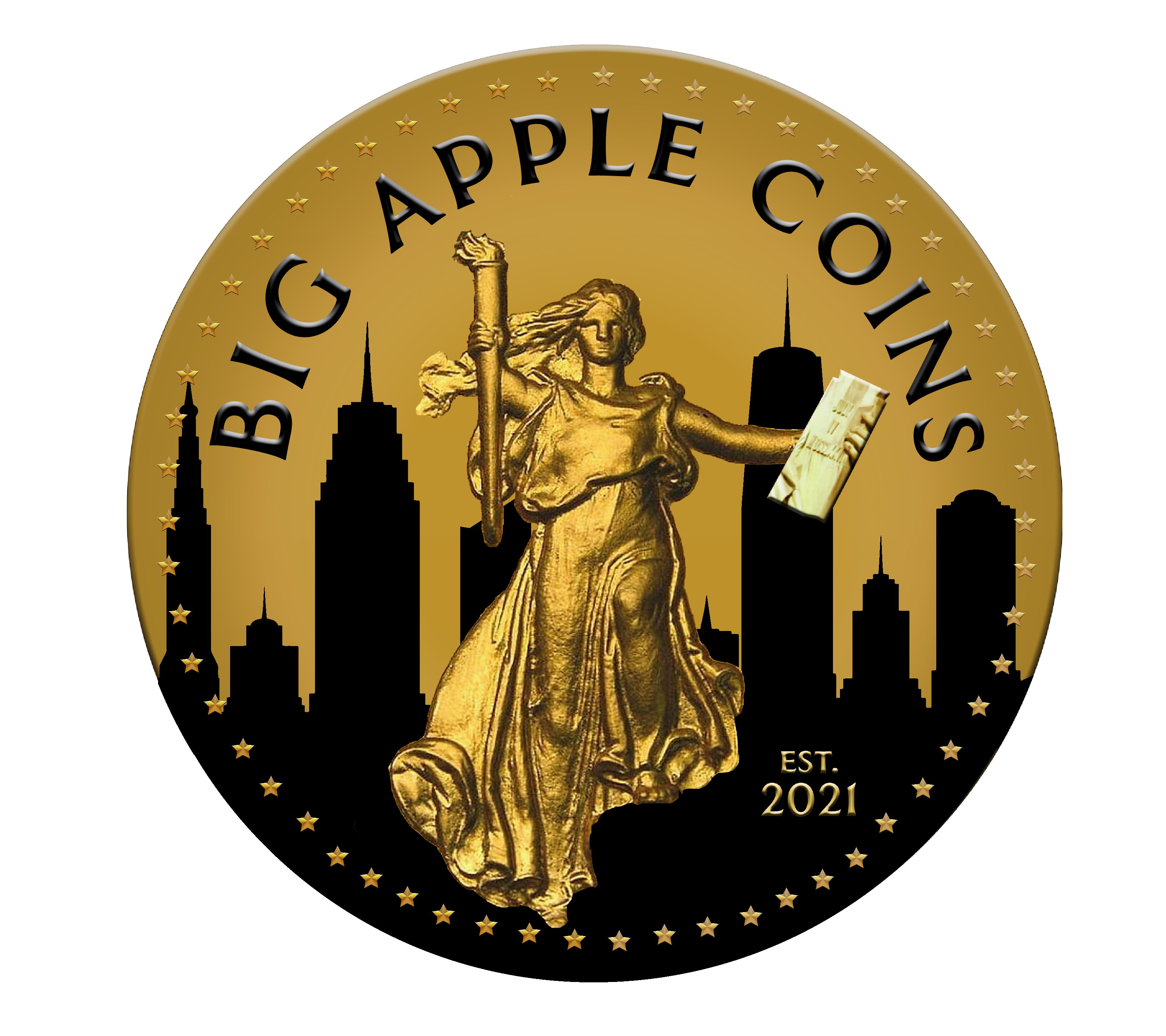On 19 July 2024, a faulty update from CrowdStrike caused a global IT outage. The update affected Windows systems, causing crashes known as the "Blue Screen of Death" (BSOD). This impacted various businesses, including airlines, healthcare, banking, and public services. It is considered to be one of the largest IT outages in history.
What services were affected?
According to Microsoft, approximately 8.5 million devices were affected by CrowdStrike, especially the systems that were running critical operations. Services that were affected include
- Airlines and airports
- Public transit
- Healthcare
- Financial services
- Media and broadcasting
A Fragile Financial System
- Online banking systems were affected by the outage. Payment platforms were affected, and some people did not get their paychecks. Here are some of the examples.
- Bloomberg reports that the London Stock Exchange Group's news website RNS was disrupted due to an outage. The platform is used to share price-sensitive regulatory announcements.
- International banks Bank of America, JPMorgan Chase and Nomura Holdings also had problems logging in, Bloomberg reported. The Haitong Securities trading desk was also out of action for three hours.
- JPMorgan also had problems with its ATMs and teller stations.
Discover the history and value of key Morgan Silver Dollar dates! Check out our latest blog post for expert insights:Top Morgan Silver Dollar Key Dates
A Fragile Financial System and Its Impact on Everyday Life
Digital banking is the main way people do their finances now. Online banking is convenient for paying bills, transferring money, checking account balances and making investments. But this also shows that our financial systems are very weak and rely too much on digital technology.
The CrowdStrike outage stopped banks and other financial institutions from using important cybersecurity services, which made them more vulnerable to attacks. Banks and financial services are vulnerable to cyber-attacks, data breaches and unauthorized access without these protective measures. Such incidents can lead to financial losses and a loss of consumer trust.
The outage caused many problems for people. People had trouble managing their finances. This shows how digital banking is part of our daily lives. The outage showed that a single cybersecurity weakness could cause widespread financial chaos.

Why do Physical Stores of Value Matter?
A store of value is something that keeps its value. A store of value is something you can save, get back later and exchange for something else without losing value. In simple terms the item should either stay the same or get more valuable over time.
Here's why they are essential:
Cash: Readily available for transactions when electronic payment systems are down.
Gold and Silver: A stable investment that retains value over time and can be traded in times of economic instability.
Tangible Assets: Physical items, like real estate or collectibles, that hold intrinsic value and are not dependent on digital networks.
Benefits of Holding Physical Stores of Value
Holding physical stores of value, such as cash, gold bullion bars, and other tangible assets, offers various benefits, particularly in times of financial uncertainty or technological disruption. Here are the top five benefits of holding physical stores of value:

1. Reliability During Digital Failures
When digital systems fail, as we saw with the CrowdStrike outage, having physical stores of value is really important. Cash means you can still make everyday purchases and payments even when digital systems are down. Physical assets like gold are a good backup plan when electronic banking systems are down.
2. Protection Against Cyber Threats
Digital financial systems are at risk of cyber-attacks, data breaches and unauthorized access. Physical stores of value are safe from these risks, so they are a great way to protect your wealth. Tangible assets like real estate and collectibles aren't vulnerable to hacking, so they offer a bit of protection against cyber threats.
3. Hedge Against Inflation
As time goes by, inflation gradually reduces the buying power of money. Gold and other precious metals have a history of holding their value, which makes them a good hedge against inflation. Keeping gold bullion coins on hand can help you hang on to your wealth, since it tends to hold its value when paper currencies lose theirs.
4. Liquidity in Times of Crisis
When there's a financial crisis or economic instability, physical stores of value are highly liquid. Cash is ready to use straight away for transactions, while gold can be sold or traded pretty quickly. This means you can access your funds when you need them without having to rely on potentially unstable digital systems.
5. Diversification of Investment Portfolio
Adding physical stores of value to your investment portfolio helps to reduce overall risk. While stocks and digital investments can be pretty volatile, tangible assets like gold, real estate, and collectibles provide a nice, stable foundation. This kind of diversification can help to protect your wealth from market changes and economic downturns.

How to Prepare for the Future?
The anomalies of heavily digital-dependent financial systems serve as a reminder of the importance of being prepared for future financial disruptions. It means you need to have a proactive approach to diversify your financial holdings. So, it is really important to have a balanced and diversified financial portfolio that help you survive the uncertainties of the digital age.
Prepare for future financial disruptions with physical stores of value. Explore Big Apple Coins Google reviews for insights from fellow coin dealers and start planning your coin deal today!
Frequently Asked Questions
Q1: What caused the global IT outage on July 19, 2024?
On July 19, 2024, a faulty update from CrowdStrike caused a global IT outage. The update affected Windows systems, leading to crashes known as the "Blue Screen of Death" (BSOD). This massive disruption impacted numerous sectors including airlines, healthcare, banking, and public services, marking one of the largest IT outages in history.
Q2: Which services were most affected by the CrowdStrike outage?
The CrowdStrike outage impacted approximately 8.5 million devices globally, with critical services facing significant disruptions. Affected sectors included:
- Airlines and airports
- Public transit systems
- Healthcare facilities
- Financial services
- Media and broadcasting
Q3: How did the IT outage expose vulnerabilities in the financial system?
The IT outage revealed the fragility of our financial systems, which heavily rely on digital technology. Online banking services were disrupted, payment platforms failed, and some people missed their paychecks. Major financial institutions, including Bank of America, JPMorgan Chase, and Nomura Holdings, faced login issues. This incident highlighted how a single cybersecurity weakness could lead to widespread financial chaos.
Q4: Why is it important to hold physical stores of value?
Holding physical stores of value, such as cash, gold, and other tangible assets, is crucial for several reasons:
- Reliability During Digital Failures: Physical assets are accessible even when digital systems fail.
- Protection Against Cyber Threats: Physical assets are immune to cyber-attacks and data breaches.
- Hedge Against Inflation: Assets like gold retain their value over time, protecting against inflation.
- Liquidity in Times of Crisis: Physical assets can be quickly liquidated in emergencies.
- Diversification of Investment Portfolio: Tangible assets provide stability and reduce overall investment risk.


Share:
Discover the Top Morgan Silver Dollar Key Dates: A Valuable Collector’s Guide
Top 9 Essential Tips for Rare Coins Investing Success